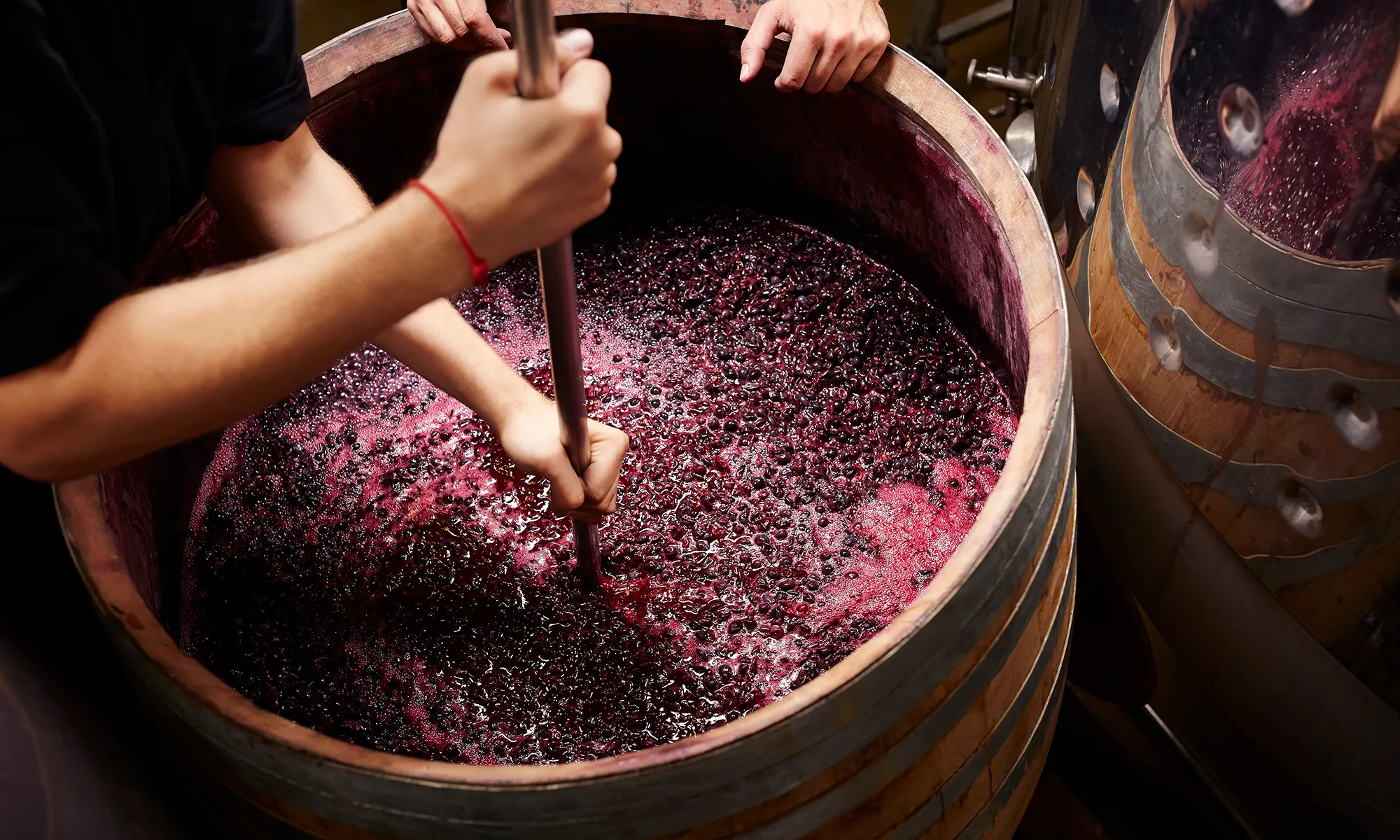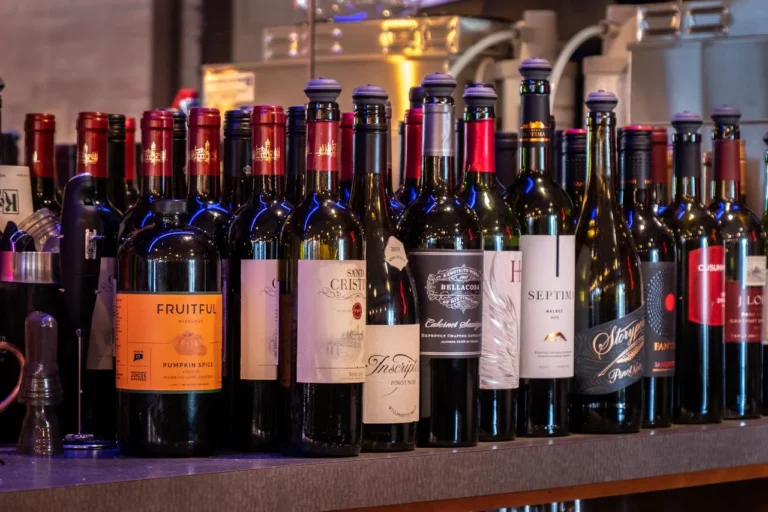
Following its commitment to sustainable and organic farming over nearly two decades, Booker Vineyard & Winery has officially achieved California Certified Organic Farmers (CCOF) certification for its winemaking operation — marking the final step in its journey toward fully organic production. This milestone now ensures that every bottle of Booker wine is certified organic from vine to glass, representing the culmination of a long-term vision that began with the estate vineyard’s CCOF certification in 2021 and its Regenerative Organic Certified® (ROC) designation in 2023.
Closing the Organic Loop
The new certification signifies that Booker’s winemaking process adheres to the rigorous standards established by CCOF, one of the most respected organic certification bodies in the United States. This includes a strict prohibition of synthetically sourced additives or processing aids, ensuring that Booker’s wines remain a true reflection of the vineyard’s organically farmed fruit.
With the addition of this certification, Booker joins a select group of wineries whose entire production — from cultivation to bottling — meets the highest benchmarks for organic integrity. For Booker, the achievement is not just a technical milestone, but a symbol of the estate’s evolving philosophy of environmental stewardship and transparency.
“This is such a huge milestone that makes me proud to produce wines from this estate,” said Senior Winemaker Molly Lonborg, who joined Booker in April and played a key role in the certification process. “Shortly after I arrived this spring, Pete [Turrone] encouraged me to put organic certification at the top of my task list. We were already adhering to the vast majority of the required winemaking practices, so the process of gaining certification proved to be relatively straightforward.”
Behind the Certification
The certification effort, spearheaded by General Manager Pete Turrone and Lonborg, required meticulous documentation and verification. Every step of the winemaking process — from grape processing and fermentation to cleaning and sanitation — had to be reviewed and recorded to demonstrate compliance with organic production standards.
The team also collaborated closely with Associate Vineyard Manager John Howell to compile data and create detailed records of the vineyard-to-winery chain of custody. An independent auditor conducted an on-site inspection on behalf of CCOF, assessing the winery’s practices and facilities to confirm that all organic standards were met.
While the team found that most of Booker’s existing procedures already aligned with CCOF requirements, a few minor operational adjustments were made to ensure full compliance. Now that certification is complete, the winery will undergo annual audits to maintain its status — an ongoing commitment that reinforces Booker’s dedication to continuous improvement and accountability.
A Legacy of Organic Farming
Booker Vineyard’s path to certification began long before the paperwork. Founder Eric Jensen started experimenting with organic farming practices in 2006, driven by a deep respect for the land and a belief that sustainable viticulture produces wines of greater purity and character. Over time, those informal practices evolved into a more structured sustainability strategy, culminating in the estate’s first CCOF vineyard certification in 2021.
Two years later, Booker achieved Regenerative Organic Certified® (ROC) status — an even more comprehensive standard that incorporates soil health, animal welfare, and social fairness. The latest CCOF certification for the winery itself now completes the organic circle, aligning every aspect of production under a unified philosophy of environmental and social responsibility.
“More than ever before, we are leaning into the environmentally conscious movement that is shaping the future of wine,” Lonborg explained. “This certification verifies that we are walking the talk. We want our industry community to see that it’s achievable, and we’re happy to help others who would like to follow this path.”
Transparency and Responsibility
For Booker’s leadership team, certification is more than a label — it’s a declaration of values. By undergoing the rigorous auditing and verification process, the winery provides consumers and trade partners with concrete proof of its commitment to sustainability and transparency.
“We started with organic farming because we felt it was the right thing to do for the earth,” said Turrone. “Under the rigorous standards set forth by both CCOF and ROC, people can rest assured that Booker wines are made in a way that supports soil health and social responsibility without using a synthetic pesticide or herbicide.”
Booker’s organic certification also underscores its belief in long-term environmental balance. Organic farming fosters biodiversity, strengthens soil structure, and reduces chemical runoff — all of which contribute to healthier ecosystems. On the winemaking side, eliminating synthetic additives and fining agents allows the natural characteristics of the fruit to shine through, resulting in wines that are more expressive of their origin.
A Model for the Future
Booker’s achievement arrives at a pivotal time for the wine industry, as more producers embrace sustainability and transparency to meet evolving consumer expectations. According to industry reports, demand for organically produced wines has grown steadily over the past decade, reflecting a broader cultural shift toward cleaner, environmentally responsible products.
For Booker, however, the motivation extends beyond market trends. The winery’s leadership sees organic certification as an essential part of its identity — a way to honor the land, the community, and the generations of winegrowers to come.
“Eric’s vision has always been about authenticity,” said Lonborg. “When you farm and make wine organically, you’re committing to a process that respects nature’s rhythms. It’s a more honest way of expressing what the vineyard gives you.”
As Booker continues to evolve, the winery plans to share its experiences with others in the region, offering insights into the certification process and its practical benefits. The team hopes that by leading through example, more producers will take the step toward organic and regenerative practices, contributing to a more sustainable future for California’s wine industry.
From Vine to Bottle: A Complete Organic Story
With the new CCOF winemaking certification, Booker Vineyard & Winery can now proudly say that every stage of its production — from the care of the soil and vines to fermentation and bottling — is officially organic. This seamless integration of vineyard and cellar practices not only enhances the quality and authenticity of its wines but also reinforces Booker’s reputation as a leader in sustainable winemaking.
As Lonborg summarized, “Organic certification doesn’t just validate what we do — it inspires us to keep improving. It’s about accountability, community, and our responsibility to the planet. Every bottle we make now carries that story.”
From the first vine planted in Paso Robles to the final pour in a glass, Booker Vineyard & Winery’s commitment to organic excellence stands as a testament to what’s possible when passion, integrity, and sustainability come together in winemaking.




